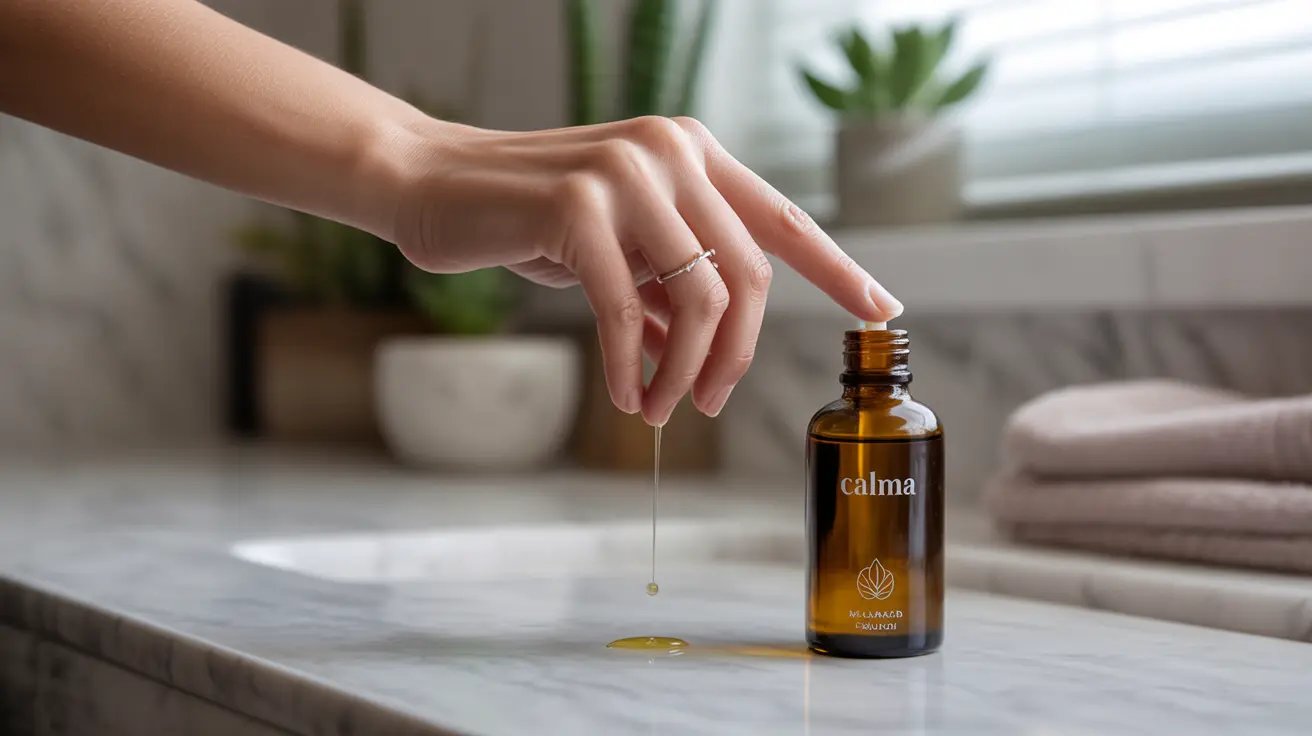Almond oil has emerged as a popular natural skincare ingredient, celebrated for its potential to nourish and improve skin health. This versatile oil, derived from sweet almonds, contains beneficial compounds including vitamin E, fatty acids, and proteins that may contribute to healthier, more radiant skin.
Understanding how almond oil works for different skin types and conditions can help you determine if it's right for your skincare routine. Let's explore its benefits, proper usage, and important safety considerations.
Benefits of Almond Oil for Skin Health
Almond oil offers several potential benefits for skin health, supported by its rich nutritional profile. The high vitamin E content acts as an antioxidant, helping protect skin cells from environmental damage. Additionally, its fatty acid composition makes it an excellent natural moisturizer.
Natural Moisturizing Properties
The oil's ability to penetrate the skin makes it effective for treating dry, flaky skin conditions. It forms a protective barrier that helps skin retain moisture while remaining lightweight and non-greasy. This makes it particularly beneficial during harsh weather conditions or for those with naturally dry skin.
Anti-Aging Effects
Regular use of almond oil may help reduce the appearance of fine lines and wrinkles. Its vitamin E content and antioxidant properties can help protect against sun damage and environmental stressors that contribute to premature aging. The oil also supports skin elasticity and may improve overall skin tone.
How to Use Almond Oil Effectively
Application Methods
For best results, apply almond oil to slightly damp skin to lock in moisture. You can use it alone or mix it with other skincare products. Start with a few drops and gently massage it into your skin using upward circular motions.
Timing and Frequency
Almond oil can be used both morning and night, though some people prefer using it as part of their evening skincare routine. For facial application, use it after cleansing but before heavier creams or moisturizers.
Safety Considerations and Skin Types
Compatibility with Different Skin Types
While almond oil is generally well-tolerated, it may not be suitable for everyone. Those with oily or acne-prone skin should start with a small amount to test their skin's response. People with sensitive skin often find almond oil gentle enough for regular use.
Potential Risks and Allergies
Before using almond oil extensively, perform a patch test on a small area of skin. Those with nut allergies should avoid almond oil entirely. If you experience any irritation, redness, or discomfort, discontinue use immediately.
Frequently Asked Questions
Is almond oil good for moisturizing and treating dry skin conditions like eczema and psoriasis?
Yes, almond oil can be effective for moisturizing and may help manage dry skin conditions. Its emollient properties help soften and smooth the skin, while its anti-inflammatory properties may provide relief for conditions like eczema and psoriasis. However, consult with a healthcare provider before using it to treat specific skin conditions.
Can almond oil help reduce signs of aging, sun damage, and improve skin complexion?
Almond oil's high vitamin E content and antioxidant properties may help protect against sun damage and reduce signs of aging. Regular use can contribute to improved skin texture and a more even complexion, though results vary by individual.
How safe is almond oil for sensitive or acne-prone skin, and can it cause breakouts?
While almond oil is generally safe for sensitive skin, those with acne-prone skin should use it cautiously. The oil is non-comedogenic for most people, but individual responses can vary. Start with a small amount and monitor your skin's reaction.
What are the best ways to use almond oil on the face and body for skin benefits?
Apply a few drops to damp skin after cleansing, either alone or mixed with your regular moisturizer. For body application, massage the oil into skin after bathing. You can also add a few drops to your bath water for all-over moisturizing.
Are there any risks or allergic reactions associated with using almond oil on the skin?
The main risk comes from nut allergies - anyone with almond or tree nut allergies should avoid using almond oil. Additionally, some people may experience skin reactions. Always perform a patch test first and discontinue use if you experience any adverse reactions.




